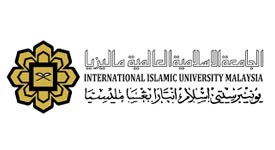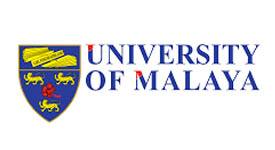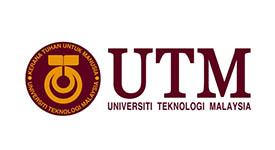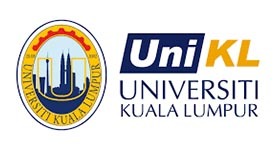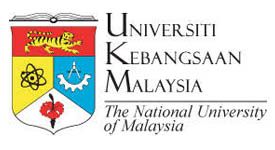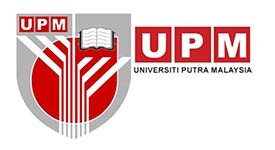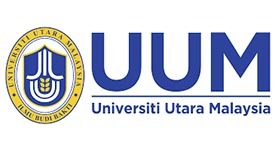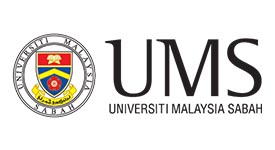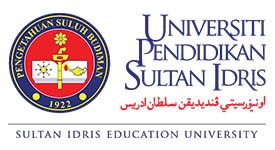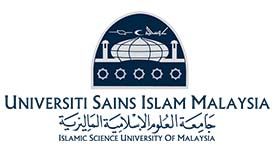| Brief introduction |
| |
Bachelor of Engineering (Biochemical-Biotechnology) (Honours) is to be offered by the Biotechnology Engineering Department of the Kulliyyah of Engineering. The objectives of this programme are to prepare students to be competent engineers that will be able to apply Engineering Sciences, Mathematical Sciences, Life Sciences, Management Sciences and Ethics to solve animate and inanimate problems in Biochemical Engineering with emphasis in Biotechnology in areas such as Bioprocess Engineering (bioreactor engineering, optimization, control and management of biosystems, biopharmaceutical products, production and processing of food products, animal feed, nutrition supplements), Environmental Biotechnology (waste management and utilization, bioremediation, design operation, and management of water supply, water pollution, wastewater-municipal and industrial), Biomolecular Engineering (enzyme production and product optimization, production and optimization of biomolecular materials for industrial applications e.g. food products, biopharmaceuticals, water treatment and water pollution control, development of biosensors for process monitoring /testing and online bioprocess applications) and Nanotechnology (carbon nanomaterials and applications, membrane technology and colloidal and interfacial science engineering). |
3. |
Program Outcome |
| |
To produce graduates with the following outcomes:
1. Engineering Knowledge (T) - Apply knowledge of mathematics, sciences, engineering fundamentals and an engineering specialization to the solution of complex biotechnology engineering problems;
2. Problem Analysis (T) – Identify, formulate, research relevant literature and analyze complex engineering problems, and reaching substantiated conclusions using first principles of mathematics, natural sciences and engineering sciences;
3. Design/Development of Solutions (A) – Design solutions, exhibiting innovativeness, for complex engineering problems and design systems, components or processes that meet specified needs with appropriate consideration for public health and safety, cultural, societal, economical, ethical, environmental and sustainability issues;
4. Investigation (D) - Conduct investigation into complex problems, displaying creativeness, using research-based knowledge, and research methods including design of experiments, analysis and interpretation of data, and synthesis of information to provide valid conclusions;
5. Modern Tool Usage (A & D) - Create, select and apply appropriate techniques, resources, and modern engineering and IT tools, including prediction and modelling, to complex engineering activities, with an understanding of the limitations;
6. The Engineer and Society (ESSE) - Apply reasoning informed by contextual knowledge to assess societal, health, safety, legal and cultural issues and the consequent responsibilities relevant to professional engineering practice and solutions to complex engineering problems;
7. Environment and Sustainability (ESSE) - Understand and evaluate the sustainability and impact of professional engineering work in the solutions of complex engineering problems in societal and environmental contexts;
8. Ethics (ESSE) – Apply professional ethics with Islamic values and commit to responsibilities and norms of professional engineering code of practices;
9. Communication (S) - Communicate effectively on complex engineering activities with the engineering community and with society at large, such as being able to comprehend and write effective reports and design documentation, make effective presentations, and give and receive clear instructions;
10. Individual and Team Work (S) - Function effectively as an individual, and as a member or leader in diverse teams and in multi-disciplinary settings;
11. Life Long Learning (S) - Recognize the need for, and have the preparation and ability to engage in independent and life-long learning in the broadest context of technological change
12. Project Management and Finance (S) - Demonstrate knowledge and understanding of engineering management and financial principles and apply these to one’s own work, as a member and/or leader in a team, to manage projects in multidisciplinary settings, and identify opportunities of entrepreneurship. |
4. |
Career Opportunities |
| |
Graduates from this programme have job opportunities in Manufacturing: construction, operation, and maintenance of production plants for biopharmaceuticals, biologics, food and animal feed production, agrochemicals e.g. biocides, bio-fertilizers, fine chemicals, bio-sensors and bioinstrumentation etc. Utility and Service Industries such as water and wastewater treatment companies, environmental management, petroleum processing etc., consulting Planning, design construction and maintenance of engineering systems in biochemical, bioprocess and bioenvironmental projects, and Government agencies. |
5. |
Program Structure |
| |
The Bachelor of Engineering (Biochemical-Biotechnolgy) (Honours) is a comprehensive multidisciplinary four (4) year Engineering Degree Program which is oriented towards current and future trends in environmental biotechnology, process biotechnology and nanobiotechnology. The programme has components in fundamental sciences, management/entrepreneurship, and Islamic Revealed Knowledge in addition to the core and technical requirements in Biochemical Engineering (Biotechnology). The programme is accredited by the Institution of Engineers Malaysia (IEM) and graduates can register to practice as professional engineers in the field of biochemical engineering.
To receive a Bachelor of Engineering Degree, you must satisfy all requirements of the University, Kulliyyah and the Department. You should complete not less than 139 credit hours of course work including 84 credit hours of engineering subjects and 55 of related non engineering subjects. By choosing a coherent set of electives in the third and fourth years, you can focus your learning and specialized knowledge acquisition according to your aptitudes and career aspirations. |
